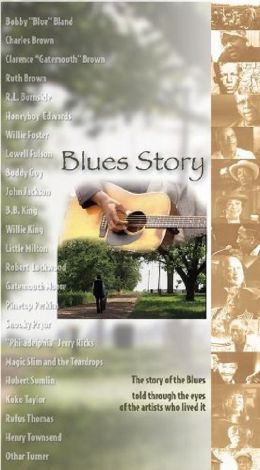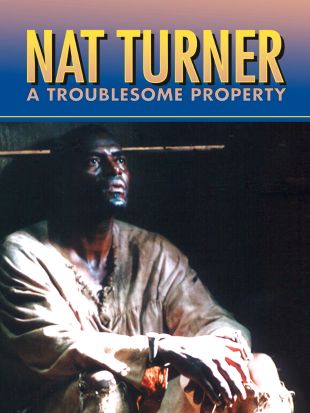
The Blues (2003)
Directed by Charles Burnett / Clint Eastwood / Mike Figgis / Marc Levin / Richard Pearce / Martin Scorsese / Wim Wenders
Genres - Nature, Historical Film, Music |
Sub-Genres - Music History, Social History, Biography, Americana |
Run Time - 120 min. |
Countries - Spain |
Share on
Synopsis by Hal Erickson
On this epic PBS miniseries, seven top film directors offer their cinematic spin on that most eloquently expressive of American musical art forms, the blues. Martin Scorcese serves as executive producer of the seven-part series, and also as director of the opening episode, Feel Like Going Home, wherein the Delta blues school was explored via contemporary performances by such artists as Corey Harris, Willie King, Taj Mahal, and Keb' Mo', along with archival footage of such past greats as Leadbelly, Muddy Waters, and John Lee Hooker. Subsequent episodes include The Soul of a Man, a tribute to Skip James, Blind Willie Johnson, and J.B. Lenoir, written and directed by Wim Wenders; The Road to Memphis, a portrait of the titular city as seen through the eyes of performer B.B. King, directed by Richard Pearce; Warming by the Devil's Fire, director Charles Burnett's tale of a young boy growing up amidst the "sacred and profane" Mississippi blues scene of the 1950s; Marc Levin's Godfathers and Sons, a survey of the contemporary Chicago blues scene, featuring hip-hopper Chuck D and record executive Marshall Chess, together with vintage filmed performances by Sam Lay, Ike Turner, and others; Mike Figgis' Red, White & Blues, in which Van Morrison, Tom Jones, Eric Clapton and others demonstrate the influence of the blues on the British Invasion music scene of the 1960s; and finally, Piano Blues, a paean to ivory-ticklers Dave Brubeck, Pinetop Perkins, Jay McShann, and Marcia Ball, directed by Clint Eastwood. The Blues made its PBS debut on September 28, 2003.
Characteristics
Themes
Keywords
blues-music, legacy, musical-journey, roots [origins], tradition, African-American, music-appreciation, odyssey, retrospective, songs, musician
Attributes
High Historical Importance








